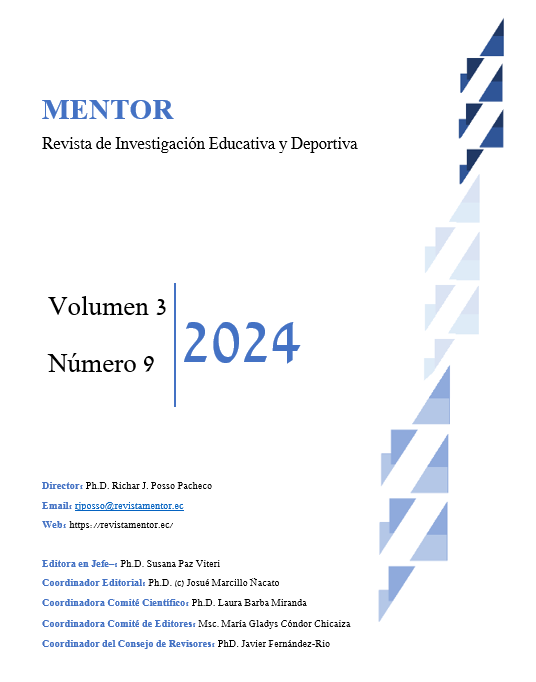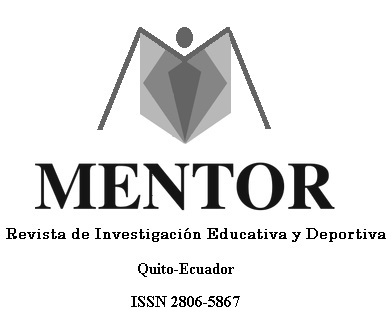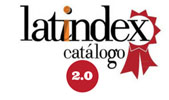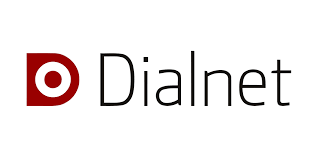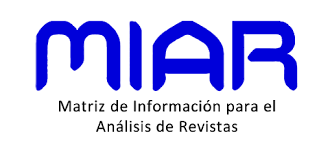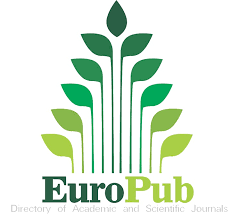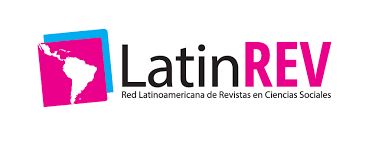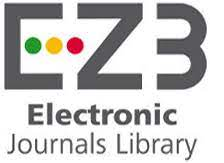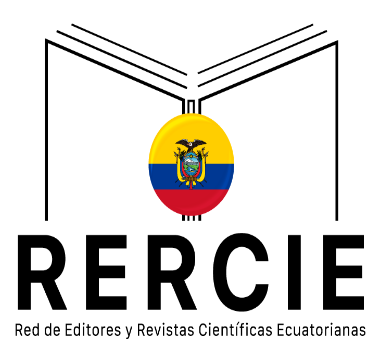STEM education: fostering the development of research processes in basic education
DOI:
https://doi.org/10.56200/mried.v3i9.8102Keywords:
Digital platform, innovation, STEM, researchAbstract
Currently the use of digital platforms in education has increased and along with it the importance that its implementation involves in different processes, such as projects in science, technology, engineering and mathematics or STEM. In this sense, this article aims to promote the use of digital platforms in STEM research processes through Science Buddies. For this purpose, a logical-deductive research was conducted with a mixed approach, which used a literature search and the application of a survey to 70 teachers of Basic Education whose analysis was through two statistical models: chi-square which allowed accepting or rejecting hypotheses; and factor analysis whose KMO was 0.838; following a reliability result of 0.905 in Cronbach's Alpa, relying entirely on SPSS software. Among the results it was obtained that there is a close relationship between the use of digital platforms and the teaching-learning processes, emphasizing the investigative processes in STEM, therefore, teachers consider that a digital platform allows them to incorporate active methodologies, for an innovative application in the classroom and thus achieve meaningful learning.
Downloads
References
Aráuz, A. (2015). Aplicación del análisis factorial confirmatorio a un modelo de medición del rendimiento académico en lectura. Revista de Ciencias Económicas, 33(2), 39-65. https://revistas.ucr.ac.cr/index.php/economicas/article/view/22216/23751
Benjumeda, F. y Romero, I. (2017). Ciudad sostenible: un proyecto para integrar las materias científico-tecnológicas en Secundaria. Revista Eureka sobre enseñanza y divulgación de las ciencias, 14(3), 621-636. https://rodin.uca.es/handle/10498/19511
Carcaño, E. (2021). Herramientas digitales para el desarrollo de aprendizajes. Revista Vinculando. https://vinculando.org/educacion/herramientas-digitales-para-el-desarrollo-de-aprendizajes.html?utm_source=rss&utm_medium=rss&utm_campaign=herramientas-digitales-para-el-desarrollo-de-aprendizajes#vcite
De Pablos, J., Colás, M., Gracia, A. y García, I. (2019). Los usos de las plataformas digitales en la enseñanza universitaria desde la investigación educativa. REDU: Revista de Docencia Universitaria, 17(1), 15-30. https://dialnet.unirioja.es/servlet/articulo?codigo=6977320
Domènech, J., Lope, S., y Mora, L. (2019). Qué proyectos STEM diseña y qué dificultades expresa el profesorado de secundaria sobre Aprendizaje Basado en Proyectos. Universidad de Cádiz, 16(2), 1-16. https://rodin.uca.es/handle/10498/21343
Elorza, J. (2020). Proyectos STEM en el Bachillerato Internacional: propuestas desde la fricción en el deporte. https://dadun.unav.edu/bitstream/10171/59541/3/Javier%20Martinez-Bujanda.pdf
Granados, M., Romero, S., Rengifo, R., Y Garcia, G. (2020). Tecnología en el proceso educativo: nuevos escenarios. Revista Venezolana de Gerencias, 25(92), 1809-1823. https://www.redalyc.org/journal/290/29065286032/html/
Loor, J., Chóez, J. y Maldonado, K. (2021). PLATAFORMAS VIRTUALES Y SU IMPACTO EN EL PROCESO DE ENSEÑANZA-APRENDIZAJE. UNESUM-Ciencias. Revista Científica Multidisciplinaria, 5(3), 213-220. https://revistas.unesum.edu.ec/index.php/unesumciencias/article/view/454
MINEDUC (2018). STEM Ecuador incentiva el estudio de las ciencias en la niñez. https://www.educacionsuperior.gob.ec/stem-ecuador-incentiva-el-estudio-de-las-ciencias-en-la-ninez/
Ministerio de Educación. (2021). Guía de implementación de la metodología STEM – STEAM. https://recursos.educacion.gob.ec/wp-content/uploads/2022/curriculares/Guia-de-proyectos-STEM-STEAM.pdf
Saura, G., Díez, E. y Rivera, P. (2021). Innovación Tecno-Educativa'Google'. Plataformas Digitales, Datos y Formación Docente. REICE. Revista Electrónica Iberoamericana sobre Calidad, Eficacia y Cambio en Educación, 19(4), 111-124. https://diposit.ub.edu/dspace/handle/2445/180559
Serna, R. y Alvites-Huamaní, C. (2021). Plataformas Educativas: Herramientas digitales de mediación de aprendizajes en educación. HAMUT´AY, 8(3), 66-74. http://dx.doi.org/10.21503/hamu.v8i3.2347
Tinoco, O. (2008). Una aplicación de la prueba chi cuadrado con SPSS. Industrial Data. 11(2), 73-77. https://www.redalyc.org/pdf/816/81611211011.pdf
Vital, M. (2021). Plataformas Educativas y herramientas digitales para el aprendizaje. Vida Científica Boletín Científico De La Escuela Preparatoria. 9(18), 9-12. https://repository.uaeh.edu.mx/revistas/index.php/prepa4/article/view/7593
Published
How to Cite
Issue
Section
License
Copyright (c) 2024 Andrea Nicole Bagua Shuguli, Leonado Javier Landi Tamayo

This work is licensed under a Creative Commons Attribution-NonCommercial-NoDerivatives 4.0 International License.

